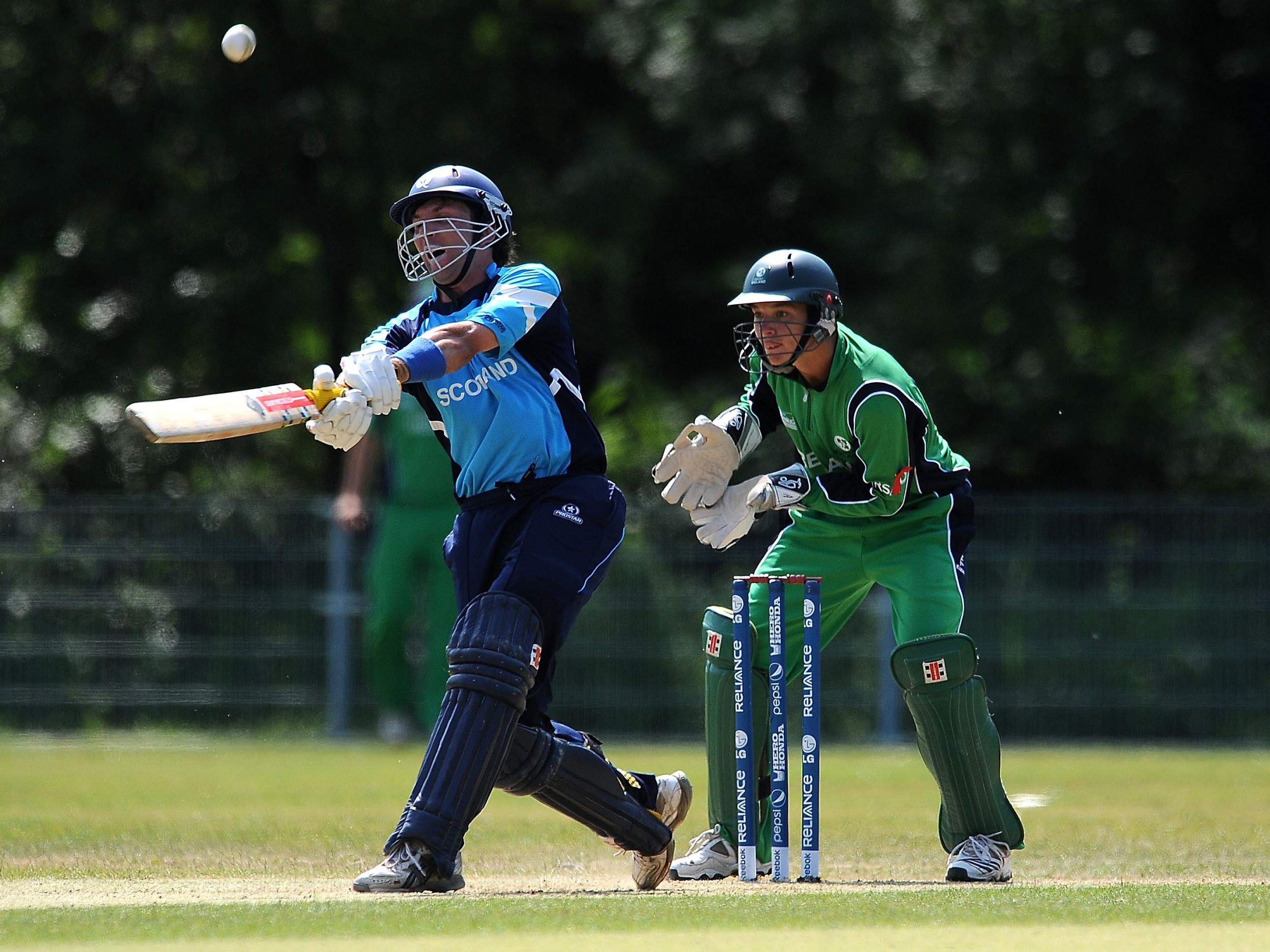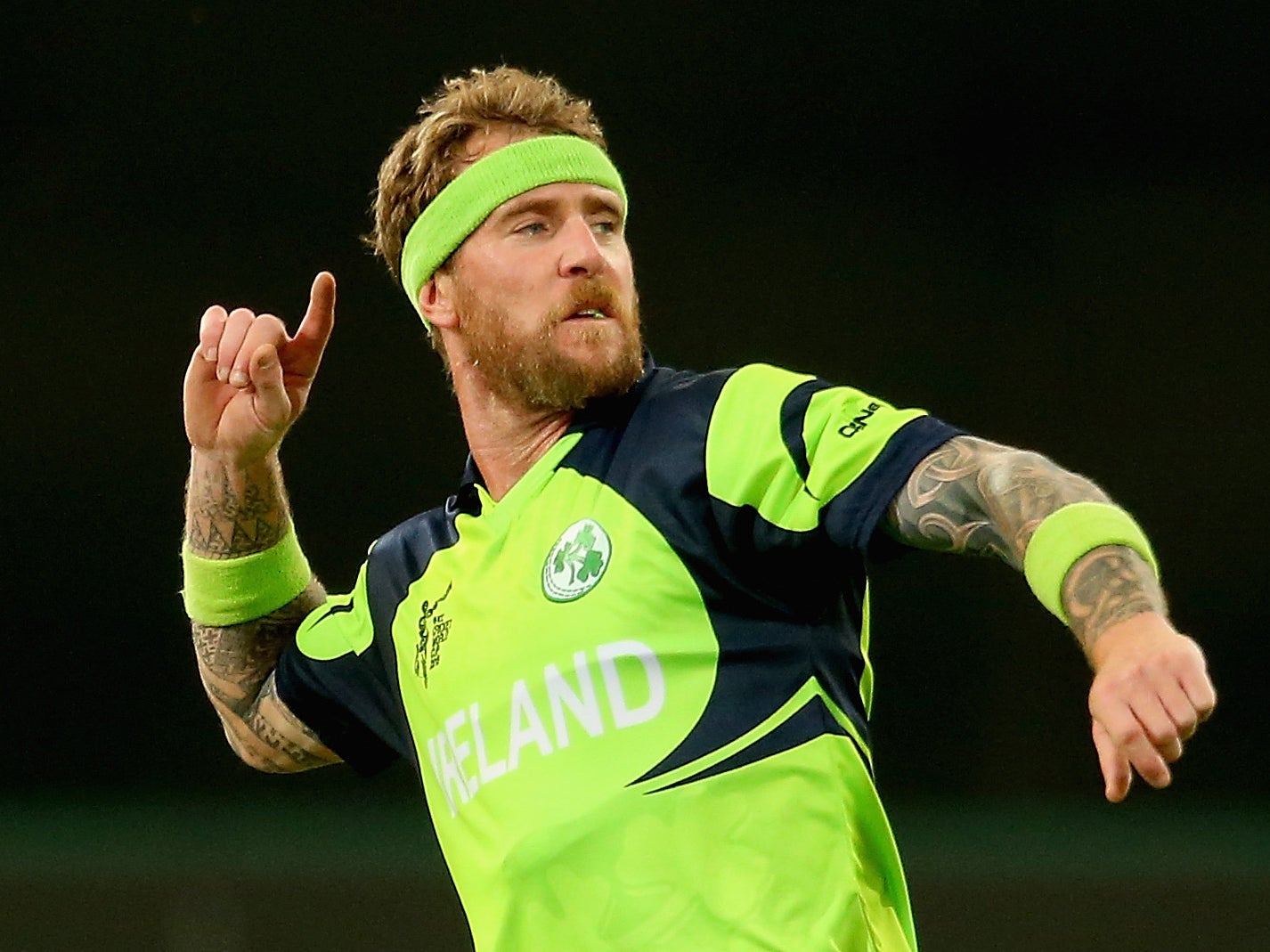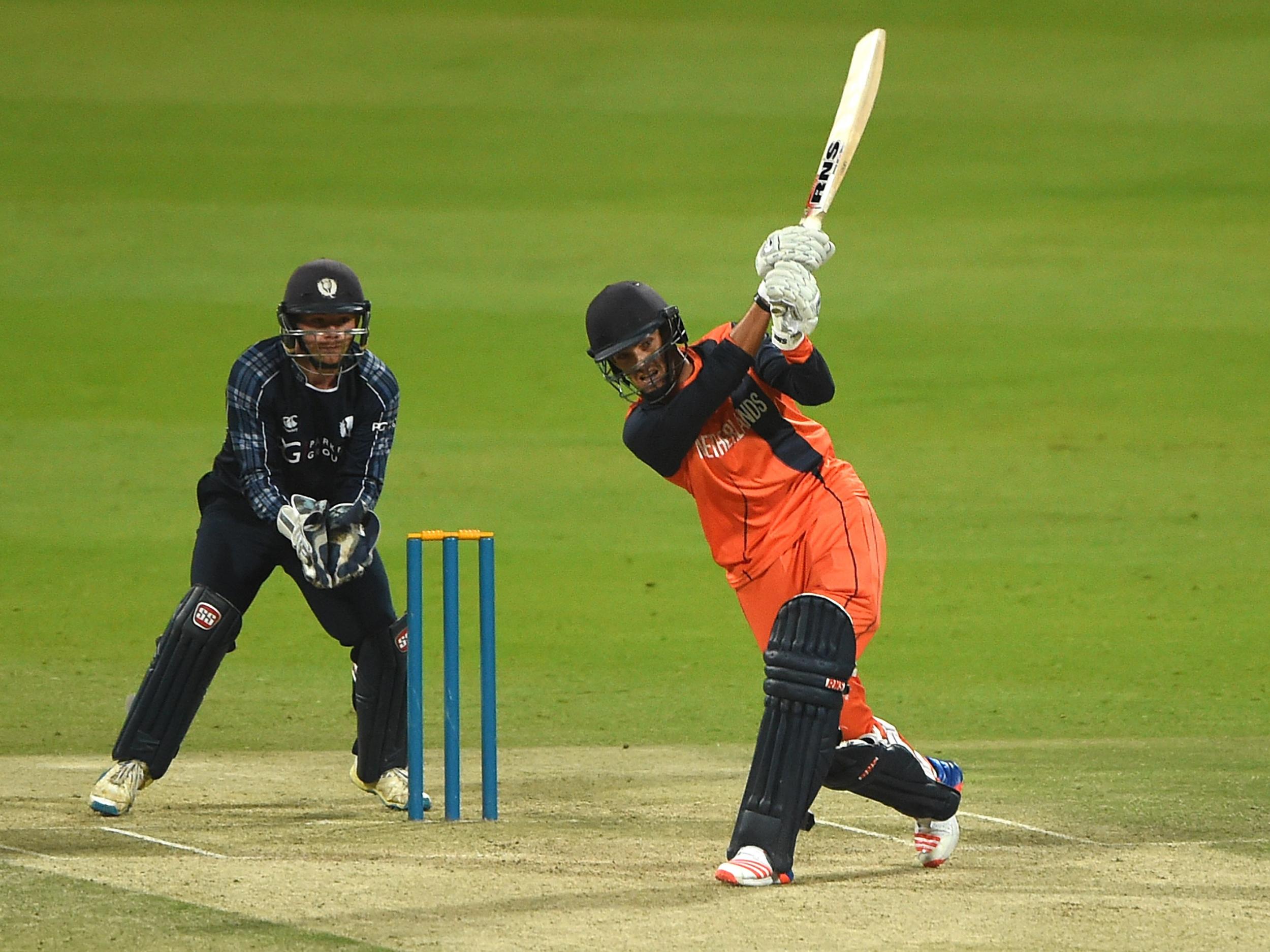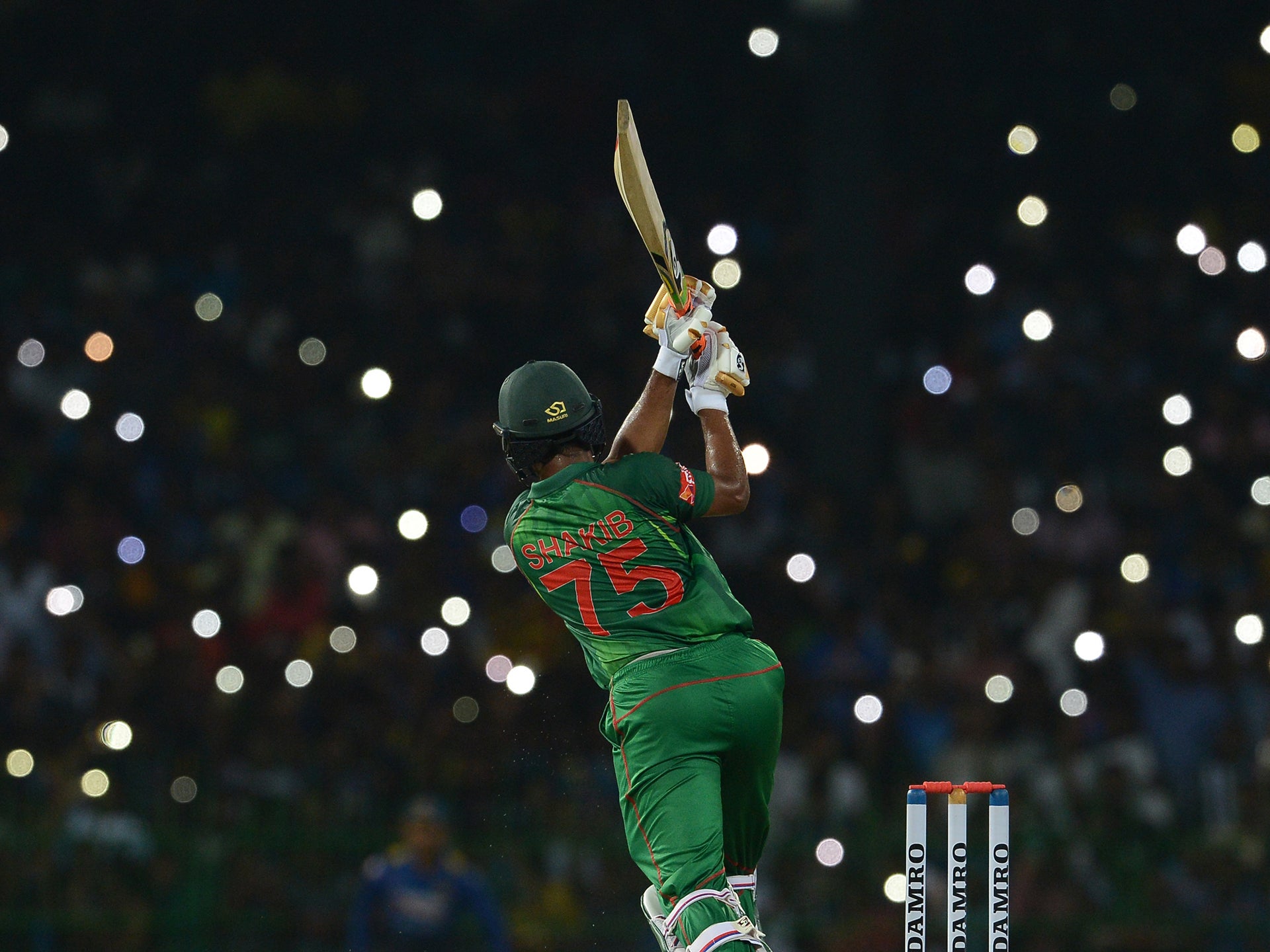Qualifying tournament for the 2019 Cricket World Cup to be moved from Bangladesh to Ireland and Scotland
Exclusive: The move is expected to be ratified at next month’s ICC board meeting, significantly boosting the prospects of Ireland and Scotland reaching the main tournament

The qualifying tournament for the 2019 World Cup is set to be moved to Ireland and Scotland next summer. The two countries’ joint bid is expected to be ratified at next month’s ICC board meeting, significantly boosting the prospects of Ireland and Scotland reaching the main tournament.
Hosting rights had previously been awarded to Bangladesh, but they no longer wish to host the event as they are almost certain to qualify automatically for the World Cup.
Zimbabwe would also like to host the qualifier but it is unclear whether they have the infrastructure - either the cricket facilities or hotels - to host the ten-nation event. The ICC were impressed when Ireland and Scotland jointly hosted the qualifiers for the last World Twenty20, in 2015.
The qualifying tournament, previously scheduled for April next year, is now likely to be played from early July to early August to minimise the chances of disruption by the weather. It is understood that the ICC has already mapped out a provisional schedule of matches, although the make-up of the teams will not be clear until early 2018.
Ireland, by virtue of their inclusion in the 12-team ODI ranking table, are already confirmed to be in the tournament; Scotland, through their position in the World Cricket League Championship, are almost certain to feature too.
For Ireland co-hosting the event would be further proof of the nation’s off-field progress, despite the recent dip in their playing fortunes; for Scotland, who have not played a single ODI against any Test nation since the 2015 World Cup, the qualifier would be a welcome opportunity to play high-quality opposition at home.

Given the importance of home advantage, hosting the qualifying tournament would increase the chances of Ireland and Scotland making the main event. The improving Netherlands side would also be hopeful of their chances in European conditions.
The cut-off for automatic qualification for the 2019 World Cup is September 30, when the top eight teams in the ODI rankings will secure automatic berths in the tournament. On current form the West Indies and Afghanistan, ranked ninth and tenth, will be the two teams favoured to join the eight automatic qualifiers for the 10-team World Cup.
But the West Indies might fear their place is vulnerable if, as has been the case in recent years, their ODI side is depleted with players preferring to play in T20 leagues instead. Both the Caribbean Premier League and the Natwest T20 Blast are likely to clash with the World Cup qualifiers.

It is understood that the West Indies currently have no plans to bid to host the qualifying tournament, leaving only Zimbabwe vying with Ireland and Scotland. Zimbabwe have already been awarded hosting rights for the next World Cup qualifier, in 2022.
Besides the logistical problems of holding next year’s qualifiers in Zimbabwe, there is also a feeling within the ICC that the organisation should move away from doing what is in Full Members’ interests and instead do what is in the interests of the wider sport.
Having two host nations involved in the qualifiers would increase the profile of the event. There is also a strong desire for conditions in the qualifying tournament to mirror those in the World Cup itself, to maintain the integrity of the tournament and ensure that the qualifying teams are those who are best in English conditions.

The ICC believes that hosting the last World Cup qualifiers in New Zealand, before the main event was played there and in Australia, was one reason for the Associate nations’ strong displays in the 2015 World Cup. The qualifiers for the 2019 World Cup were originally awarded to Bangladesh, despite their conditions being hugely divergent to those in England, largely to secure their support for contracting the World Cup to ten teams.
The event is likely to feature two groups of five, with the top three nations in each advancing to the Super Six stage, where they will play the teams to advance from the other pool. The top two nations would then advance to the final, and secure their berths in the 2019 World Cup in England.
Join our commenting forum
Join thought-provoking conversations, follow other Independent readers and see their replies
Comments
Bookmark popover
Removed from bookmarks